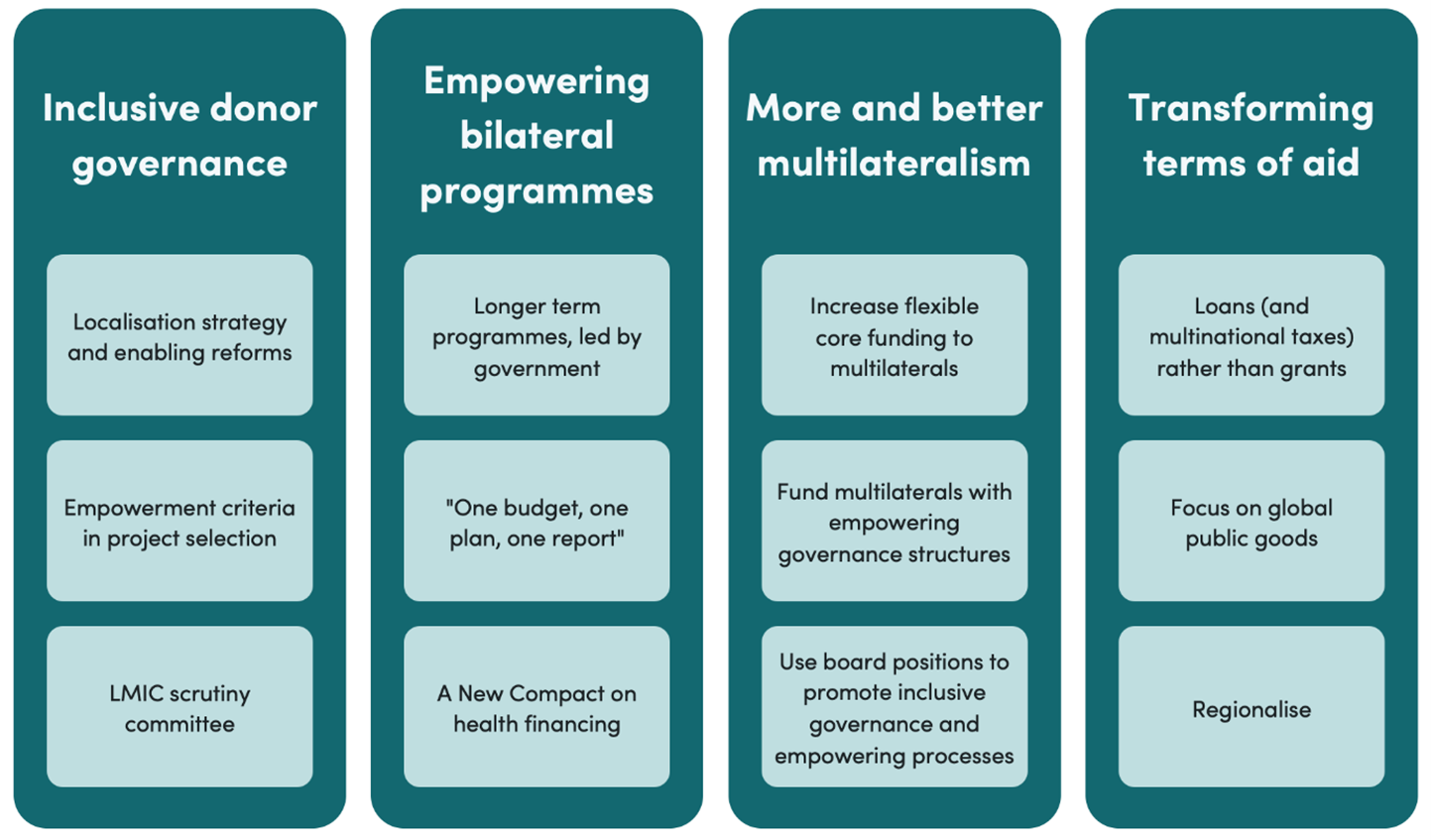In a world of horrible development jargon and TLAs, one of my least favourite is "Policy Coherence for Development (PCD)".
This ugly phrase is meaningless to most people; worse, it is misleading. It suggests that we care more about whether we have joined-up policies than we care about the overall impact of our policies on poor people and poor countries.
Consider the recent report from Oxfam which finds that the countries that have been most involved backing either side of Syria's civil war are also the least generous when it comes to dealing with the humanitarian disaster. So these countries have coherent policies, even though they do not support better living conditions for the people of Syria. Should we praise these countries for their policy coherence? It boils down to whether we care more about hypocrisy, or more about the impact on the lives of Syrians.
CGD’s Commitment to Development Index (CDI) assesses the policy efforts of 27 OECD countries, combining scores of different data sources in seven different policy dimensions. Our goal is to give an overview of the development-friendliness of each country. We do this by adding up all effects of each policy individually. We are concerned with the sum of the impacts of a country's policies, not the variance. So when we assess a country’s trade policy, we try to understand its likely impact on poor countries and poor people; but we are not concerned with whether it sits well with the same country’s policies on migration. The index penalizes bad policies, but does not impose additional penalties for inconsistency. (Perhaps it should? If anyone would like to make a case for this, we would be happy to hear it.)
Maybe this sounds like pedantic semantics. But sloppy language leads to fuzzy thinking and can result in bad policies.
Not long ago, at a meeting of the “OECD National Focal Points for Policy Coherence for Development” (ugh!) I was buttonholed by a civil servant from an OECD country who had disobliging things to say about the way we calculate the Commitment to Development Index, because it does not attempt to measure coherence. The mandate of her Policy Coherence Unit was not to seek development-friendly reforms of trade policies or environment policies, but to join them up with the country’s aid policies (and vice versa). In this case, the PCD label had, perhaps subconsciously, altered the country’s policy objectives away from impact to consistency.
The term PCD has given us an industry of reports and conferences focussing on whether countries have policies which are consistent with each other, and institutions thought likely to make them so, instead of focusing on whether and how those policies are individually supportive of, or inimical to, development.
If we could strike “PCD” from the development lexicon, with what would we replace it? Most of the other options are also flawed. “Do no harm”, if taken literally, is a crazy prescription. “Beyond Aid” or “Aid and Beyond” draw the eye too readily to financial flows, which are a small part of the ways in which industrialised countries affect poor countries. I’ve suggested “Good Global Citizenship”. But whatever we choose, let’s put talk of coherence behind us and focus on our total impact on our fellow human beings.
CGD blog posts reflect the views of the authors, drawing on prior research and experience in their areas of expertise.
CGD is a nonpartisan, independent organization and does not take institutional positions.





